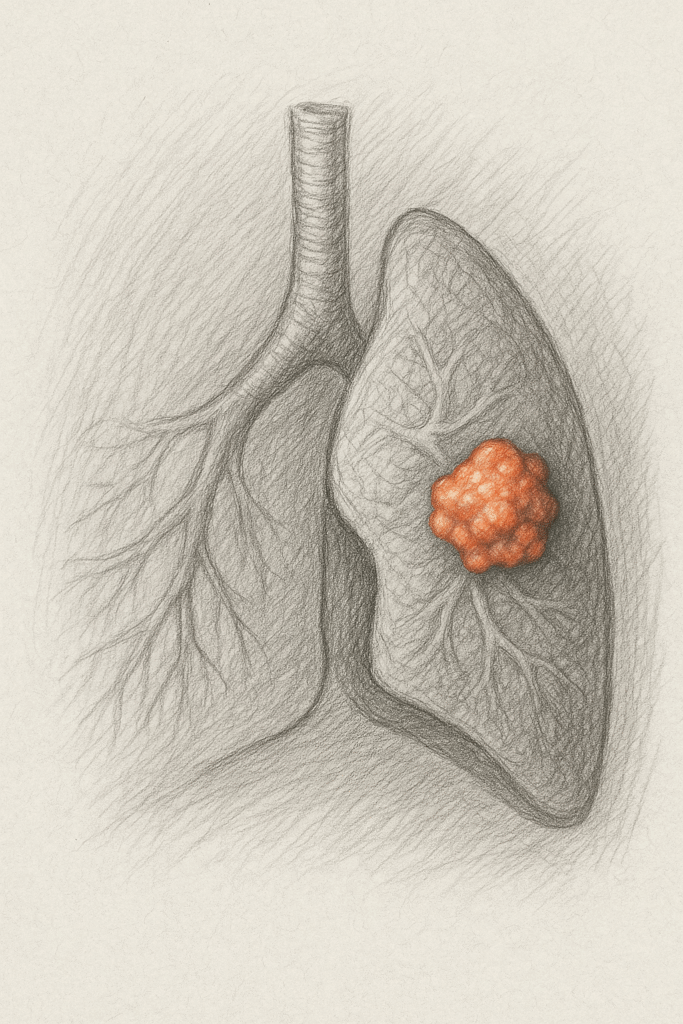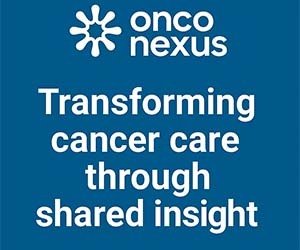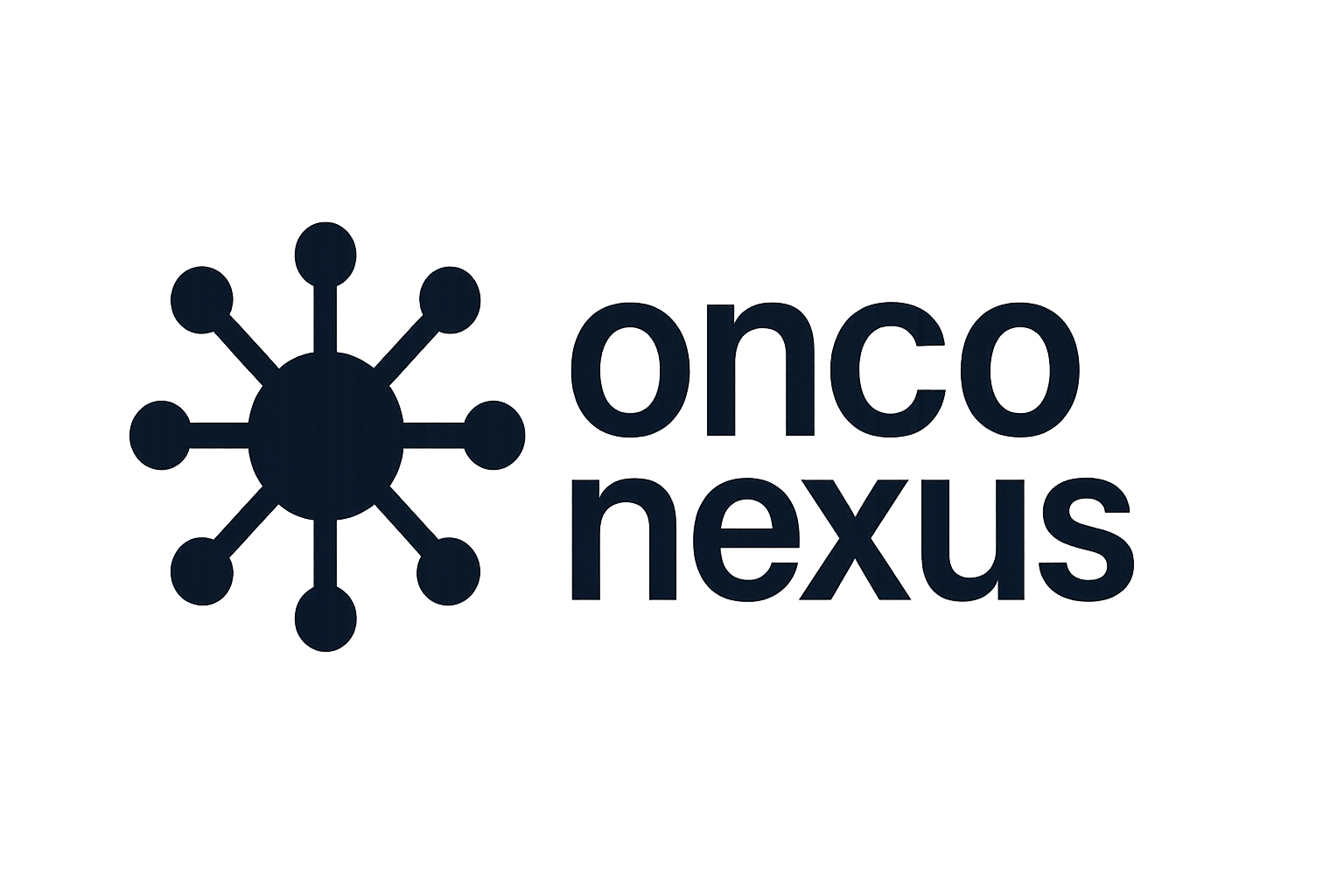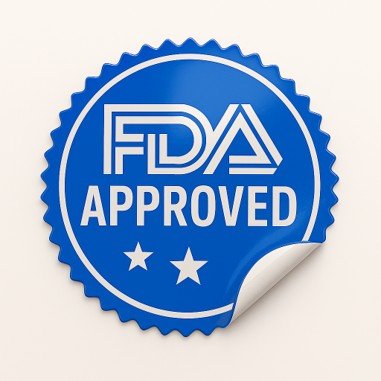

The FDA granted Breakthrough Therapy Designation to izalontamab brengitecan (iza-bren), marking the first BTD for this novel EGFRxHER3 bispecific ADC in the treatment-resistant EGFR-mutated NSCLC setting. This designation accelerates regulatory review and signals potential FDA confidence in addressing the critical unmet need for patients who have exhausted standard EGFR TKI and platinum-based options.

Drug Profile & Mechanism
Novel Bispecific ADC Technology:
- Dual targeting: EGFR + HER3 receptors with topoisomerase 1 inhibitor payload
- Mechanism: Blocks proliferation signals while delivering genotoxic stress upon internalization
- Patient population: Advanced/metastatic NSCLC with EGFR exon 19 deletions or exon 21 L858R mutations
- Treatment line: Post-progression on EGFR TKI and platinum-based chemotherapy
- Partnership: SystImmune and Bristol Myers Squibb collaboration (ex-China)
Regulatory Milestone Details
- First BTD for SystImmune-BMS partnership in oncology
- Supporting evidence from three ongoing trials: BL-B01D1-101, BL-B01D1-203 (China), and BL-B01D1-LUNG-101 (US/EU/Japan)
- Preliminary data shows improved efficacy with manageable safety profile
- Expedited review pathway now available for potential accelerated approval
- Geographic scope: US designation with global development program active
Practice Implications
Immediate Considerations:
- Identifies iza-bren as priority agent to monitor for treatment-resistant EGFR+ NSCLC
- May influence clinical trial referral discussions for appropriate patients
- Timeline context: Addresses typical 18-month EGFR TKI resistance window
Future Treatment Landscape:
- Potential third-line option with novel mechanism after current standard approaches fail
- May establish dual-targeting ADC approach as new therapeutic class in NSCLC
- Could reduce reliance on limited efficacy, high-toxicity salvage regimens
Development Status & Next Steps
Current Status:
- Phase I/II trials ongoing across multiple regions
- Enrollment active in global BL-B01D1-LUNG-101 study
- Regulatory engagement now prioritized under BTD framework
Expected Timeline:
- Accelerated review process initiated (typical 6-month vs 10-month standard review)
- Additional data readouts expected from ongoing trials
- Potential filing timeline not disclosed but expedited under BTD
- Safety monitoring continues across all active studies




